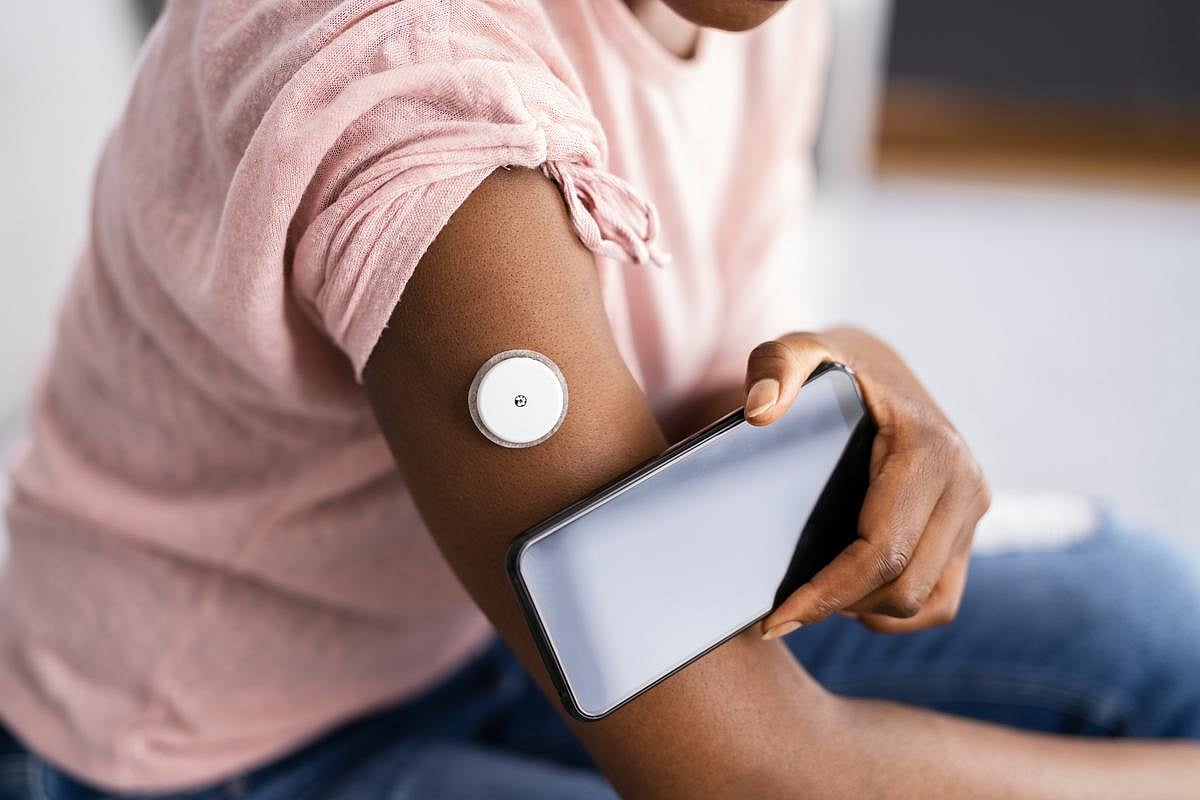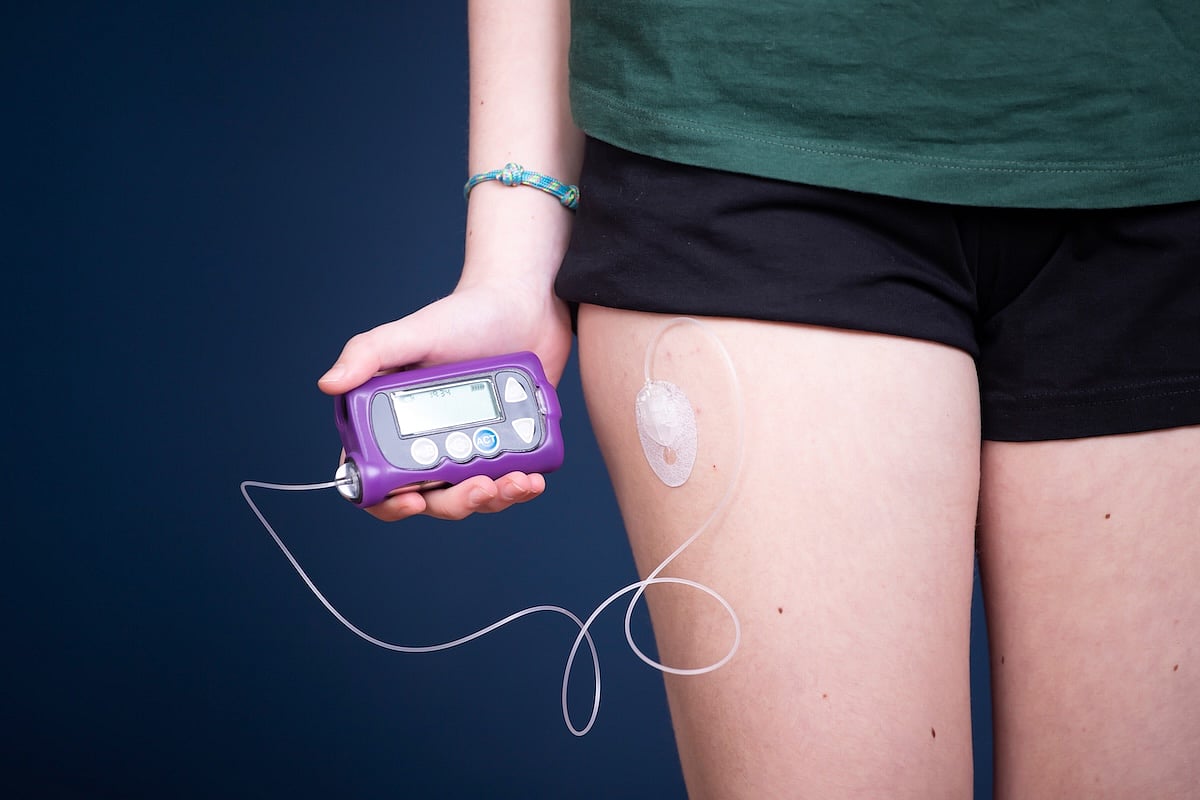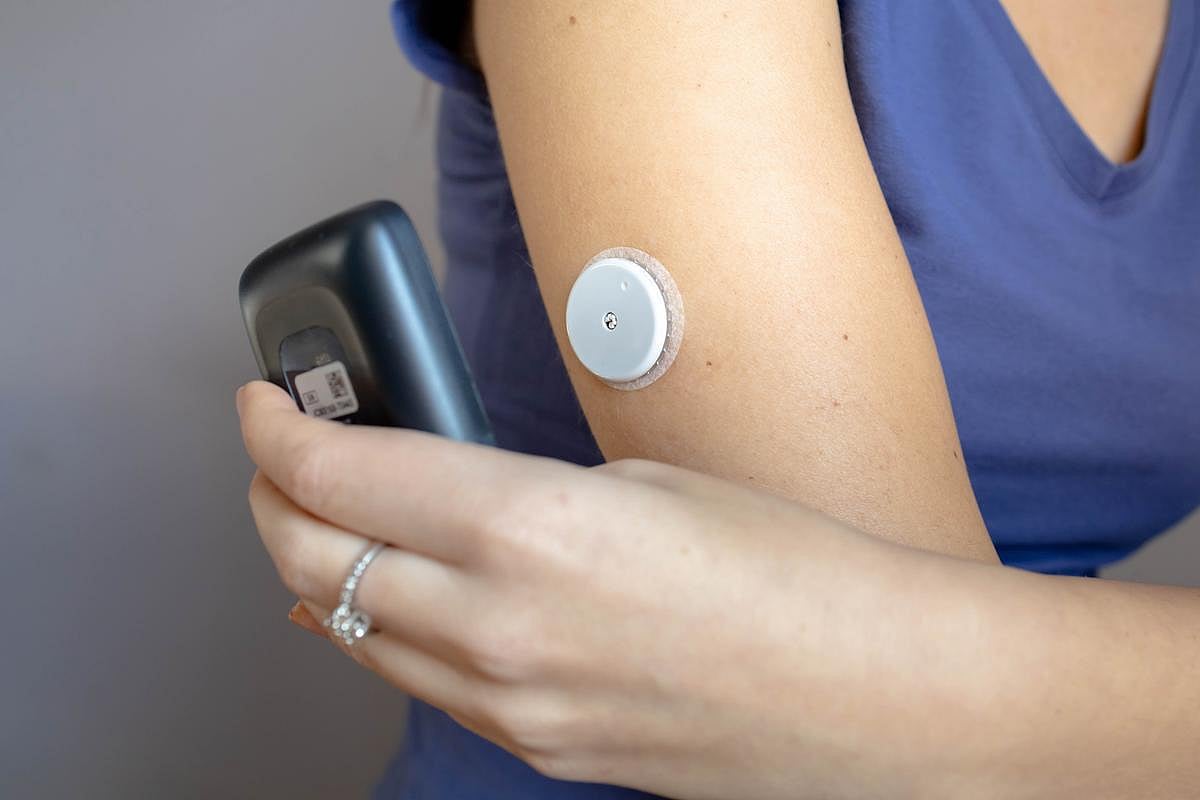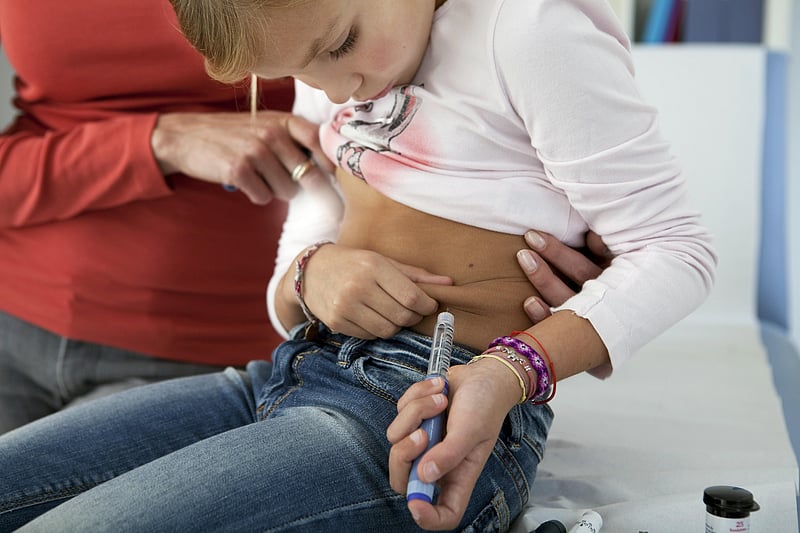Get Healthy!
Results for search "Blood Glucose Monitors".
Health News Results - 15
Advanced technology has boosted the ability of children and adults to manage their type 1 diabetes, a new study says.
The number of kids under 18 who’ve achieved optimal control over their blood sugar skyrocketed 171% between 2009 and 2023, from 7% to 19%, researchers reported Aug. 11 in <...
- Dennis Thompson HealthDay Reporter
- |
- August 14, 2025
- |
- Full Page
Continuous glucose monitors don’t just help people with diabetes maintain healthy blood sugar levels, a new study says -- the devices also can help them be safer drivers.
Diabetics who use glucose monitors have fewer incidents involving low blood sugar, researchers reported in Diabetes Research and Clinical Practice
- HealthDay Reporter
- Dennis Thompson
- |
- March 18, 2025
- |
- Full Page
Other people could be having problems with the same insulin pump, dental implant or glucose monitor that you use -- and you might not find out in a timely manner.
That’s because medical device manufacturers frequently fail to promptly report side effects caused by their wares to federal regulators, a new study says.
About 3 in 10 adverse event reports for medical devices did n...
- HealthDay Reporter
- Dennis Thompson
- |
- March 18, 2025
- |
- Full Page
Continuous blood glucose monitors have been promoted as potentially life-changing for people with diabetes -- allowing real-time updates on blood sugar levels without the need for repeated finger pricks.
But a new small-scale study suggests these devices might not be as accurate as many believe, and could lea...
- HealthDay Reporter
- Dennis Thompson
- |
- March 4, 2025
- |
- Full Page
Pairing exercise with a 10% weight loss can make a major health improvement in people living with obesity and prediabetes, a new study says.
Building in regular exercise more than doubled sensitivity to insulin compared to just weight loss alone. This has the potential to prevent or delay prediabetes from progressing into type 2 diabetes while also decreasing the risk of heart diseas...
- HealthDay Reporter
- Cara Murez
- |
- June 29, 2023
- |
- Full Page
Intermittent fasting is all the rage due to the lengthy list of health benefits associated with this style of eating.
Now, a new, small study suggests that one type of intermittent fasting -- early time-restricted eating -- may be key for preventing type 2 diabetes in people who are at high risk for the blood sugar disease.
The study included 10 people with prediabetes and obe...
- HealthDay Reporter
- Denise Mann
- |
- June 15, 2023
- |
- Full Page
Do you ever wonder why you typically feel hungry when it's time for dinner?
Researchers say that's not just a habit, but a physiological drive, with the human body able to predict the timing of regular meals.
"We often get hungry around the same time every day, but the extent to which our biology can anticipate mealtimes is unknown. It is possible that metabolic rhythms align to mea...
- HealthDay Reporter
- Cara Murez
- |
- March 20, 2023
- |
- Full Page
Getting hitched could help middle-aged and older folks get a better handle on their blood sugar, a new study reports.
People living with a spouse appeared to be better able to maintain lower blood sugar levels than single folks, according to the findings.
This benefit held regardless of the state of their relationship, the researchers added. Whether bickering or snuggling, married f...
- HealthDay Reporter
- Dennis Thompson
- |
- February 8, 2023
- |
- Full Page
When teenagers with type 1 diabetes get better control of their blood sugar, their brains may benefit, a new clinical trial shows.
Researchers found that when teenagers started treatment with a newer technology -- often dubbed "artificial pancreas" systems -- ...
- HealthDay Reporter
- Amy Norton
- |
- August 31, 2022
- |
- Full Page
Using a lower threshold to diagnose pregnancy-related diabetes does not seem to reduce the risk of having a big baby, on average -- but some women do benefit, a new clinical trial suggests.
Gestational diabetes is diagnosed when a pregnant woman's blood sugar levels are abnormally high. The condition can ha...
- HealthDay Reporter
- Amy Norton
- |
- August 18, 2022
- |
- Full Page
Open-source automated insulin delivery (AID) systems are an effective and safe way for people with type 1 diabetes to control their blood sugar levels, researchers say.
The AID systems combine an insulin pump, a contin...
- HealthDay Reporter
- Robert Preidt
- |
- June 7, 2022
- |
- Full Page
High-tech devices and communication helped ease the impact of COVID-19 lockdowns on children with type 1 diabetes, researchers said in a new study.
Pandemic shutdowns caused significant disruptions in health care, and previous studies have shown that diabetes patients had worse blood sugar (glucose) control and more difficulty accessing care during the early days of the pandemic.
Bu...
- HealthDay Reporter
- Robert Preidt
- |
- June 7, 2022
- |
- Full Page
Having a child with type 1 diabetes can be a challenging health condition for parents to manage, but new research suggests an "artificial pancreas" system may beat standard treatment in controlling the blood sugar disease in young children.
Forms of the technology -- which automatically monitors and regulates blood sugar -- are already available for adults and kids with
For people with diabetes who have a stroke, there may be an ideal blood sugar target to prevent another one or a heart attack, a South Korean study finds.
To determine average blood sugar levels over the past two to three months, the study team used the hemoglobin A1C test.
"We know that having diabetes may be associated with an increased risk of having a first stroke," said study a...
- HealthDay Reporter
- Cara Murez
- |
- September 30, 2021
- |
- Full Page




















